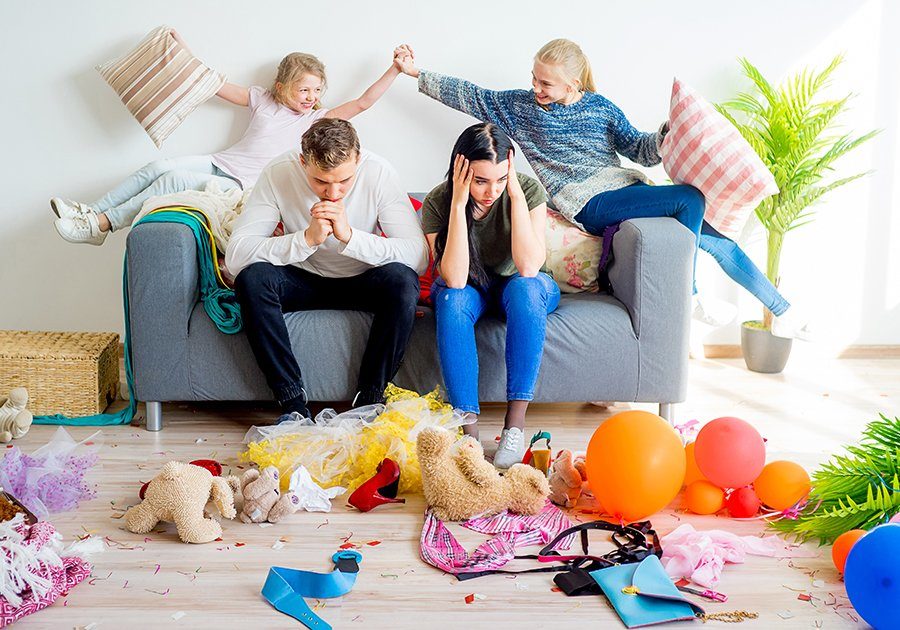
Mel has taken some time to reflect and write on the simple pleasures we can ensure, to assist in the ‘new normal’ of day-to-day……
- Stick to a routine. Sleep and wake up at reasonable times, write a schedule that is varied and includes work and self-care.
- Dress for the social life you want, not the social life you have. Get showered and dress in comfortable clothes, wash your face and brush your teeth. Dress in bright colours to help brighten our mood.
- Get out at least once a day for a minimum of 30 minutes. Try first thing in the morning or late in the evening to avoid contact with too many people.
- Find time to move each day for 30 minutes. If you don’t feel comfortable going outside, try a YouTube workout. If all else fails an indoor dance party to loud music is sure to lift the spirits.
- Reach out to others for at least 30 minutes a day. Try FaceTime, Skype, phone calls or texting- connect with other people to seek and provide support. This is just as important for you as it is for your children so connect in with your children’s friends and families.
- Stay hydrated and eat well. During times of stress we often seek comfort in food resulting in over-indulging, forgetting to eat or avoiding food. Drink plenty of water, eat good nutrients and challenge yourself to cook something new.
- Develop a self-care toolkit (important for everyone in the family and looks different for everyone. Involve a range of sensory components (touch, taste, smell, sight, hearing, vestibular (movement) and proprioception (comforting pressure).
- Spend extra time playing with children. Children rarely communicate how they are feeling but will often bid for attention and communicate through play.
- Give everyone the benefit of the doubt. Each person will have moments where they are not at their best. It is important to move with grace through blow-ups and to not hold grudges. Everyone is doing the best they can to make it through this.
- Everyone find their own retreat space. Ensure your work and relaxation spaces are separate. For children, help them identify a place where they can go to retreat when feeling stressed. You can make this place cozy by using blankets, pillows, beanbags, tents and ‘forts’. It is good to know that even when we are on top of each other, we have our own special place to go to be alone.
- Expect behavioural issues in children and respond gently. Children rely heavily on routine set by others to make them feel safe and to know what comes next. Expect increased anxiety, worries and fear, nightmares, testing limits and meltdowns.
- Focus on safety and attachment. We are going to be living for a bit with unprecedented demands of meeting all work deadlines, homeschooling children, running a sterile household and making entertainment in confinement. Focus on strengthening the connection through time spent following their lead, through physical touch, through play, through therapeutic books and verbal reassurance you will be there.
- Limit social media and Covid conversation- particularly around children. Children can be easily frightened by alarming news reports, increasing fear and anxiety.
- Notice the good in the world. Look for the heart-warming stories within the media to counterbalance the negative.
- Help others- Find ways, big and small to give back to others. Support local restaurants, offer to grocery shop, check in with elderly neighbours- helping others gives us a sense of agency when things seem out of control.
- Find a long-term project to dive into. Learn a new skill or task, start a puzzle, read a book series or learn a new language. Find something that will keep you busy, distracted and engaged to take breaks from what is going on in the world.
- Engage in repetitive movements and left-right movements. Research has shown that repetitive movement (colouring, knitting, running, drumming, hopping etc) can can effective at self-soothing and maintaining self-regulation in moments of distress.
- Find an expressive art and go for it. Our emotional brain is very receptive to the creative arts, and it is a direct portal for the release of feelings
- Remind yourself that this is temporary. It seems in the midst of this quarantine that it will never end. We will return to feeling safe, busy and connected in the days ahead.
- Find the lesson. This whole crisis can seem sad, senseless and at times, avoidable. Finding out what can each of us learn here, in big and small ways from this crisis? What needs to change in ourselves, our homes, our communities our world?
Occupational Therapist / Mental Health Therapist
Lively Eaters Feeding Services





Leave a Reply
Want to join the discussion?Feel free to contribute!